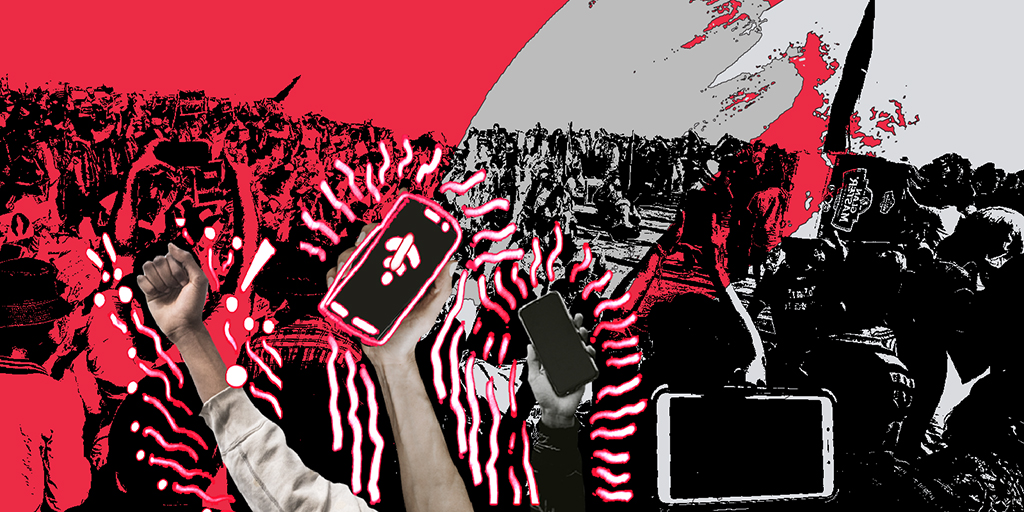Internet shutdowns are dangerous acts of digital authoritarianism. In 2021, authorities deliberately shut down the internet at least 182 times across 34 countries. This exposes a dramatic increase in the use of this oppressive form of control compared to 159 shutdowns recorded in 29 countries in 2020. Twelve countries cut internet access at least 19 times in Africa, three more countries than the previous year.
Launching today, April 28, Access Now’s new report, The return of digital authoritarianism: internet shutdowns in 2021, unpacks the data, trends, and stories behind a year’s worth of internet shutdowns. Read the full report and the global snapshot.
“Authorities shut down the internet to shut down democracy,” said Felicia Anthonio, #KeepItOn Campaign Manager at Access Now. “These vicious weapons of digital dictatorship were wielded at least 182 times in 2021, disrupting not only everyday life, but attacking critical moments in a nation’s epoch — during protests, wars, and elections. That’s 182 times a leader decided to deliberately silence a people instead of empowering them to speak.”
Last year, governments exploited shutdowns to exacerbate crises, inflame wars, silence protests, manipulate elections, and cover up atrocities. Key findings include:
- The biggest offenders: India shut down the internet at least 106 times — making it the world’s leading offender for the fourth consecutive year — Myanmar shut down the internet 15 or more times, and Sudan and Iran shut down the internet at least five times each;
- Twelve countries shut down the internet at least 19 times in Africa: Burkina Faso, Chad, Congo, Eswatini, Ethiopia, Gabon, Niger, Nigeria, Senegal, South Sudan, Uganda, and Zambia;
- Elections and protests were common spurs for shutdowns in Africa, as authorities used them to assert or maintain control of populations;
- Governments hit the kill switch for the first time in five new countries in Africa: Burkina Faso, Niger, Senegal, Eswatini, and Zambia;
- In Ethiopia, people in the Tigray region have been cut off since November 2020: that’s 18 months and counting;
- Globally, there were at least seven election-related internet shutdowns in six countries, in Chad, The Republic of the Congo, Iran, Niger, Uganda, and Zambia;
- There were important legal actions in Nigeria, Sudan, and Zambia that challenged authorities in their blocking of social media platforms such as Twitter, and their shutting down of the the internet; and
- Countries such as Benin and The Gambia, which had previously shut down the internet during key national events, kept access open during election periods.
“While 2021 was a year marred by internet shutdowns during protests, conflict, and elections across Africa, it was also a year of fighting back,” said Bridget Andere, Africa Policy Analyst at Access Now. “Civil society, as well as affected citizens, made unprecedented legal strides in the battle to #KeepItOn, we witnessed elections where democracy was bolstered by access to information and communication online, and we’re continuing this progress in 2022.”
Read the full report and the global snapshot.
